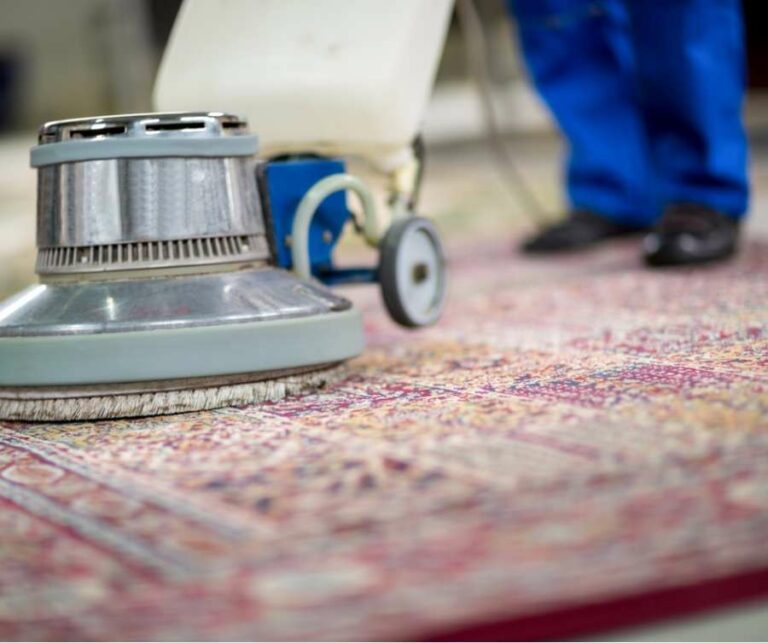Understanding TPAR: A Guide for Businesses
What is TPAR?
Taxable Payment Annual Reports (TPARs) are an essential part of Australia’s tax system.
It is a way for the Australian Taxation Office (ATO) to keep track of all the payments you make to contractors.
This way, the ATO can ensure:
- you are meeting your tax obligations,
- and your contractors are reporting their income correctly.
Who Needs to Lodge a TPAR?
You may need to lodge TPAR if you hire contractors or subcontractors to do work for your business and your business falls within the specified categories.
Specifically, if your business falls within the following categories you will need to lodge a TPAR.
- Building and construction services: This includes carpentry, plumbing, electrical work, and other construction-related services.
- Cleaning services: This includes commercial or domestic cleaning services for buildings, offices, homes, and other properties.
- Courier and road freight services: This includes providing delivery, transport, and logistics services for goods and packages.
- Information technology (IT): This includes IT solutions, cybersecurity, network infrastructure, software development, and digital security services.
- Security, investigation or surveillance: This includes private investigation, surveillance, security consulting, and risk assessment services.
As you can see – almost all construction related businesses are required to file TPAR.
Even if you don’t use contractors or subcontractors, you will still need to lodge a NIL report to the ATO.
If you’re not sure whether you need to file TPAR, get in touch for a free consultation, and we can help.
When to pay TPAR (Lodgement Due Date)
If you lodge your tax return through a tax agent, the due date is usually on 28 August each year.
If you lodge your own tax return, the due date is 28 July.
What happens if you don’t lodge TPAR?
Why TPAR is Important for Specified Businesses
Missing TPAR compliance can be expensive and stressful for business owners.
What happens if you’re late?
Say you missed the deadline. You had a million things to do, and this just didn’t get done in time.
Maybe you got a notice from the ATO. Or maybe you just realized the mistake and want to set things right.
Now what?
- You will likely face a fine from the ATO. The penalty can vary depending on the extent of the delay and the size of the business.
- You may also face increased scrutiny from the ATO. This can kick off an audit or investigation into your business. These always end up being expensive and stressful for business owners.
- The reputational damage may give you trouble with bigger contractors or suppliers.
What happens if you don’t file at all?
Now, let’s say you didn’t file at all.
Maybe you didn’t realize you had to. Or maybe your admin team forgot to get it done. In either case, the ATO is here now, and they’re not happy.
What happens next?
- You will almost certainly face a fine from the ATO.
- You may also face enforcement action. That means a lot of administrative burden, and needing to provide a lot of data and documents to auditors.
Other Common TPAR Mistakes to Avoid
- Hiding Payments to Contractors & Cash Payments
Couldn’t you avoid all these issues by simply paying subbies with cash?
Unfortunately not.
The ATO can identify payments made to contractors through their other systems, of which TPAR is a part.
On top of this, ATO Assistant Commissioner Tony Goding has emphasized that businesses attempting to hide income, especially through cash transactions, will face penalties and closer scrutiny.
And because the ATO estimates cash payments are costing Australia $12.4 billion per year in lost taxes, it’s also developing new methods to detect hidden income and payments.
Failure to meet TPAR deadlines can trigger further investigation and penalties, with recent penalties averaging around $1,110 per business.
2. Failing to Report All Relevant Payments
Compliance is complicated and you have a million other things to do.
It’s not unusual to overlook some things. For example, a subcontractor payment has been miscoded to another account.
Unfortunately, the ATO is not always lenient with these mistakes.
Any inaccuracies can result in fines and scrutiny from the ATO.
It may also affect your contractor’s tax reporting and compliance – which can create a snowballing effect that hurts your reputation among suppliers and subbies.
How to Lodge your TPAR
You can lodge your TPAR online through the ATO website.
Alternatively, Magnus can prepare and lodge on your behalf. If you are an existing client of Magnus we probably have this under control already.
Lodging TPAR involves several steps, but if your records are correct it can be a relatively straightforward process.
Remember, the penalties for not meeting TPAR requirements can be very expensive. And hurting your relationship with the ATO can be even worse.
Unsure if you need to file TPAR?
Fell behind on TPAR and you’re worried about an audit?
Fed up with all the different regulatory bodies and their needs?
We can simplify all your compliance and paperwork, including ….
✅ Contractor ABN verification
✅ Preparing and Filing TPAR reports with the ATO
✅ TPAR compliance planning and advice
✅ TPAR Audit Support and representation
✅ Integrating TPAR reporting with your accounting system
Simply get in touch for a free consultation, and we’ll handle the rest.





